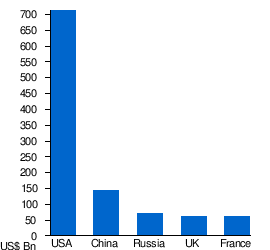A regular feature at the Scientific American, of answering science questions, had three awesome questions with wonderful explanations. It was difficult for me to pick one from the three; if I am really, really, forced to, I would choose this question:
Let's say I'm an alien on a ship 65 million or more light-years away. Using a telescope, I look at Earth and I see dinosaurs living their daily lives. If my ship started travelling towards earth near the speed of light. Would I see the dinosaurs moving faster--fast-forwarded?Of course, such a question wouldn't matter to those crazy creationists in any religion, who believe that there is nothing called 65 million years ago. But, for the rest of us, this is one fascinating question. Yes, an old one--a variation of the old one that Einstein talked about and the one that we were introduced to in high school. But, I never get tired with any of the variations. I am always, always, impressed that old man Einstein was so awesome!
So, what is the answer? Don't be lazy; check it out :)
And then there was another.
It was not a topic I would have guessed would be at the Scientific American.
It was about the great financial collapse. About those complex derivatives and subprime loans and other mumbo-jumbos.
With a catchy title: The Real, and Simple, Equation That Killed Wall Street
What the ... what? A simple equation that contributed to the Great Recession?
Really? This equation?
The equation, though simple, reveals one dangerous truth that investors love to exploit.Really? How?
It is the equation for a leveraged return, L:
Y is the return of the asset, R is the cost to borrow money, and N is the “haircut,” or the percentage of money the investor must put down to secure the loan (the down payment).Kaboom, indeed!
A simple example. An investor wants to buy a bond returning 7% using borrowed money. The bank requires them to pay 20% in cash with the remaining 80% lent at a rate of 5%. What is the leveraged return?
So after borrowing, a 7% return is turned into 15%. Kaboom!
Of course, there is a lot more to it; read it and weep!
Science matters, folks. Science!

















